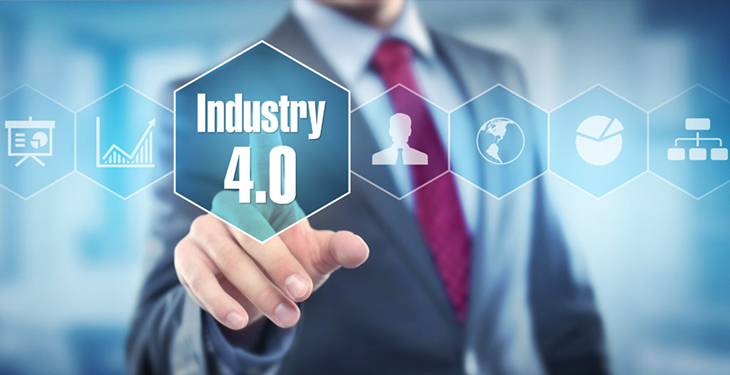Workforce skills for the industry 4.0 remain a challenge for organizations globally, as executives still don’t fully understand the competences necessary to succeed in the current ever-changing 4.0 world, according to Deloitte’s latest Industry 4.0 Readiness Report, conducted on more than 2,000 C-suite executives across 19 countries.
In this context, the top investment priority in talent is training and developing workforce (74%), followed by understanding what skills will be needed (59%) and by attracting and retaining the right talent (28%). Also, the report reveals that a growing number of leaders now see themselves responsible for employees’ development, and not only the individual. To this end, more than 80% of respondents said they either have created or are creating a corporate culture of lifelong learning.
The report also reveals that, for the first time, climate change has become one of the main concerns of executives around the world, as 90% of them fear that its effects could negatively impact their organizations and many are rolling out programs addressing resource scarcity and environmental sustainability.
”At a time when Romanian businesses are generally seeing sustained growth in revenues and profits, we should remember that performance can no longer be measured only financially, but more and more in terms of positive impact on customers, employees and other stakeholders and limited impact on the environment. Industry 4.0 is a huge opportunity across all these areas, but needs to be harnessed through long-term, comprehensive strategies around the deployment of new technology, adjustment of leadership models and corporate culture and constant reskilling of the workforce,” said Alexandru Reff, Country Managing Partner, Deloitte Romania and Moldova.
Deloitte Industry 4.0 Readiness Report underlines that organizations still don’t fully grasp the Industry 4.0 potential, as they lack a strategic approach in this respect. Only 10% of the surveyed executives say they have a comprehensive, holistic Industry 4.0 strategy, while almost half of them are taking an ad-hoc approach. The survey also suggests that companies with dedicated strategies significantly outperform their peers without strategies, as they are innovating and growing faster and doing a better job of attracting and training the people they’ll need in the future.
In terms of technology’s expected effect, business leaders anticipate that IoT, AI, cloud solutions and big data/analytics will have the most profound impact on their organizations, followed by nanotechnology, advanced robotics and sensors.
The Fourth Industrial Revolution is characterized by the fusion of physical assets and digital technologies – such as robots, drones, autonomous vehicles, 3D printing, artificial intelligence (AI), Internet of Things (IoT), cloud computing, nanotechnology – that communicate, analyze and act upon information, enabling organizations, consumers and society to be more flexible and responsive and make more intelligent, data-driven decisions.
Deloitte provides worldwide audit, consulting, legal, financial advisory, risk advisory, tax and related services to public and private clients spanning multiple industries. Deloitte serves four out of five Fortune Global 500 companies through a globally connected network of member firms in more than 150 countries and territories, bringing world-class capabilities, insights, and high-quality service to address clients’ most complex business challenges. Deloitte’s goal is to make an impact that matters through its more than 312,000 professionals.
Deloitte Romania is one of the leading professional services organizations in the country providing, in cooperation with Reff & Associates, services in audit, tax, legal, consulting, financial advisory, risk advisory, business processes as well as technology services and other related services, through more than 1,700 professionals.
